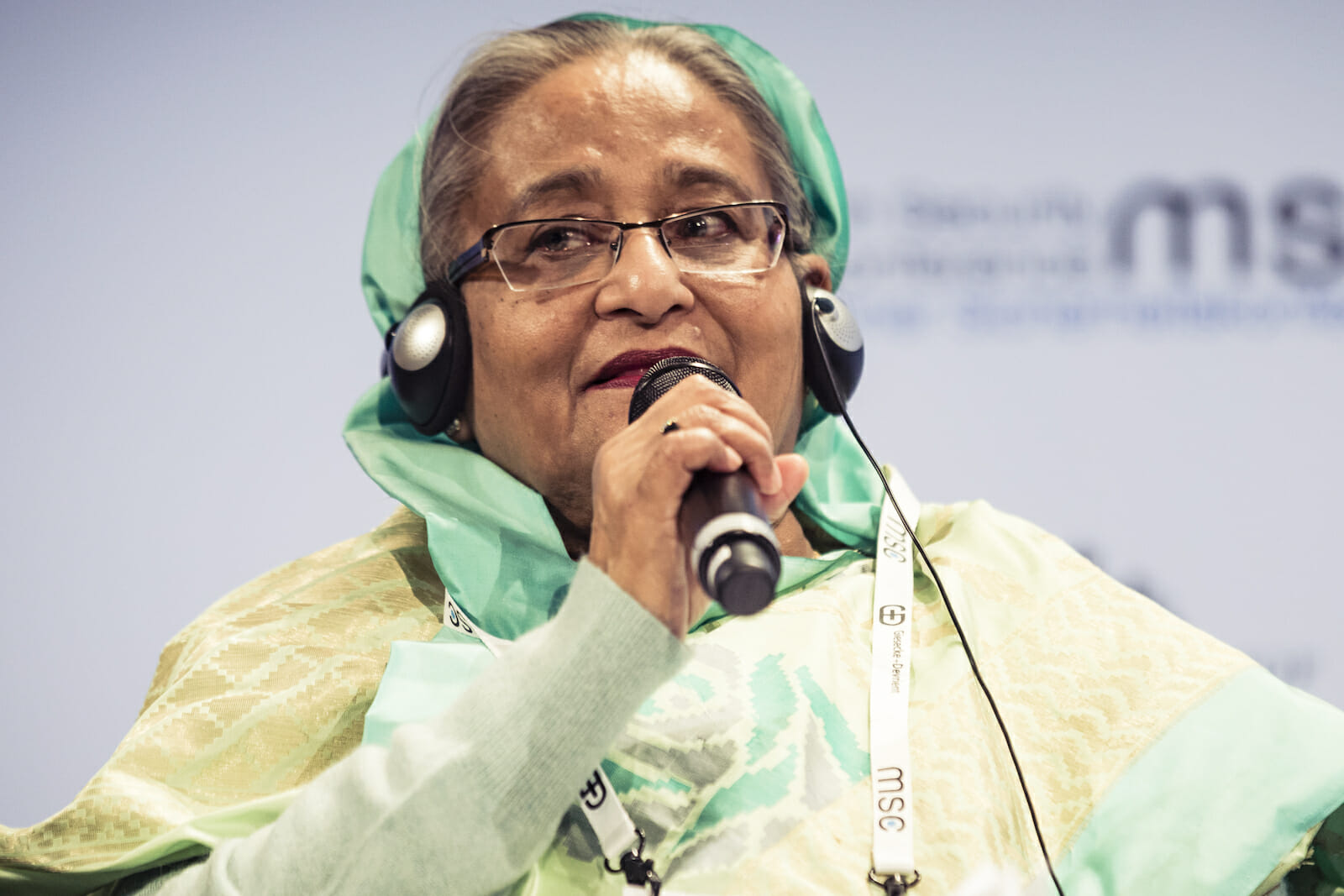
Bangladesh: Religious Freedom is Dead
Bangladesh has undoubtedly struggled with its identity, particularly balancing secular statehood with a socially conservative, Muslim-majority populace. The country was never really known for being vulnerable to terrorism, or a dangerous place for religious minorities and foreign nationals. The original 1972 constitution holds secularism as one of four fundamental principles.
Although this was replaced with religious rhetoric during different administrations, the Supreme Court reinstated secularity as a fundamental principle in 2010. Article 12 of Part II of the current constitution maintains that “the principle of secularism shall be realised by the elimination of communalism in all forms; the granting by the state of political status in favour of any religion; the abuse of religion for political purposes; any discrimination against, or persecution of, persons practising a particular religion.” The question is, how effective has the government been in upholding these ideas?
The year 2013 marked the beginning of a disturbing string of attacks carried out against secular bloggers, foreigners and religious minorities, the most serious of which was the attack on the Holey Artisan Bakery in Dhaka. One appalling detail of this attack is that it took place in an upscale area, home to several foreign embassies. The lack of security in the area at the time was surely alarming, but the ineptitude of the security forces when it came to planning and executing a hostage rescue operation was disgraceful.
Another disgusting detail of this attack was that the vile thugs intentionally rooted out non-Muslims by testing who could recite verses of the Quran; those that passed this sick “test” were spared. To ensure that similar tragedies do not take place, there should be a heavier police presence in high-risk areas. Additionally, there should be a greater exchange of information between security services and law enforcement agencies.
The Institute for Economics and Peace, an Australian think-tank, publishes annual reports on terrorism. The report, known as the Global Terrorism Index, scores countries based on four factors: total number of terrorist incidents in a given year, the total number of fatalities caused by terrorism in a given year, the total number of injuries caused by terrorism in a given year, and approximate level of total property damage from terrorism in a given year.
Since 2012, three countries that have consistently made the top five were Iraq, Afghanistan, and Pakistan. In the 2012 report, Bangladesh was ranked 39, in 2014 the country jumped to 23, and by 2016 it had moved up again to 22. In response to the increasing extremism, the Hasina government ramped up anti-terror measures. Security forces launched a series of raids which resulted in the deaths and arrests of dozens of militants. However, the effectiveness of Hasina’s anti-terrorism campaign is questionable. Human rights organizations and international observers have accused her government of mercilessly stifling dissent and suppressing opposition figures under the guise of counterterrorism.
Bangladesh’s secular foundations have certainly been challenged from time to time by religious hardliners. Recently, the Hasina government succumbed to the demands of the Islamist group, Hefazat-e-Islam, by removing the Lady Justice statue from the front of the Supreme Court building. While this capitulation has been the subject of much criticism, some have accused the Hasina government of using the situation to score political points by appealing to conservative voters for the next general election.
Hefazat-e-Islam has also pressed the government to enact blasphemy laws, quash gender equality efforts, and make religious education mandatory. Other points from the group’s agenda include removing every statue in the country, banning foreign culture, and preventing the free mixing of sexes. In order to uphold the Constitution and preserve civil liberties, the government must be firmer when dealing with such pressure groups.
Some people believe that secularism is not a prerequisite for democracy. In the Bangladeshi context, however, the protection of the constitutionally-entrenched principle is imperative as it ensures the safeguarding of minorities and their rights, limits the powers of the majority, and ensures that people of different faiths can practice their religions freely. After the first few attacks, the government downplayed the threat posed by terrorism. In the future, to prevent further tragedies, the ruling party will need to be more proactive in piecing together a comprehensive counterterrorism strategy as well as policies that will ensure increased public safety.
